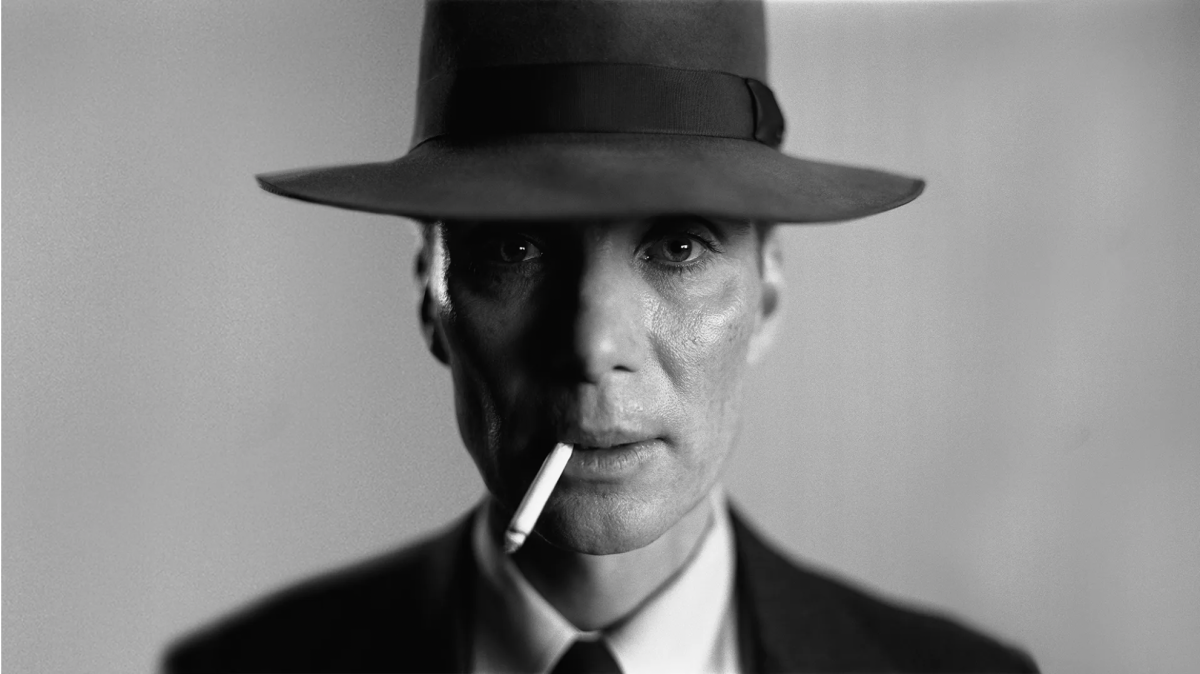
On July 20th, 2023, the premiere of one of this summer's most anticipated films, "Oppenheimer," directed by Christopher Nolan (known for "The Dark Knight" trilogy and "Interstellar"), will take place in Kazakhstan. The film depicts the life story of American nuclear physicist J. Robert Oppenheimer, who played a pivotal role in the Manhattan Project, which led to the invention of the world's first nuclear bomb, altering the course of World War II and the global landscape as a whole. Irish actor Cillian Murphy, known for his roles in "Peaky Blinders" and "Dunkirk," takes on the lead role in the film. Interestingly, this marks the sixth collaboration between Murphy and Nolan, with Murphy now taking on a prominent role under the director's helm. Prior to this, Murphy was involved in Nolan's projects such as "Batman Begins" (2005), "The Dark Knight" (2008), "Inception" (2010), "The Dark Knight Rises" (2013), and "Dunkirk" (2017). The film also features an ensemble cast including Emily Blunt, Robert Downey Jr., Matt Damon, Florence Pugh, Rami Malek, and Kenneth Branagh.
The plot revolves around the life and achievements of J. Robert Oppenheimer, often referred to as "the father of the atomic bomb," whose work at the Los Alamos laboratory on the Manhattan Project led to the development of the first nuclear weapons during World War II. The film is based on the Pulitzer Prize-winning book "American Prometheus: The Triumph and Tragedy of J. Robert Oppenheimer" by Kai Bird and the late Martin J. Sherwin, who dedicated over two decades to their research on this subject.
About Robert Oppenheimer
J. Robert Oppenheimer was born on April 22, 1904. In a span of three years, he successfully completed his studies at Harvard University, where he developed a keen interest in experimental physics. In 1926, he traveled to the University of Göttingen in Germany to pursue the study of quantum physics. From 1939 to 1945, Oppenheimer led a dedicated laboratory established for the purpose of developing atomic bombs as part of the Manhattan Project, a United States initiative for nuclear weapons development.
Following the first successful test of the atomic bomb in July 1945, Oppenheimer recollected verses from the ancient Indian text "Bhagavad Gita" ("The Song of God"), stating:
"Now I am become Death, the destroyer of worlds."
Despite his instrumental role in the creation of the atomic bomb, Oppenheimer advocated for the peaceful use of atomic energy and opposed the development of the hydrogen bomb. However, by 1950, the hydrogen bomb had already been developed, and in 1954, an investigation known as the "Oppenheimer Security Hearing" was launched to demonstrate his alleged political unreliability. As a result, Oppenheimer was excluded from participation in classified projects. In 1960, he co-founded the World Academy of Arts and Sciences alongside Albert Einstein and other distinguished scientists.
Oppenheimer passed away on February 18, 1967, succumbing to throat cancer caused by excessive smoking. Throughout his career, he made significant contributions to the modern theory of neutron stars and black holes, predicted the phenomenon of quantum tunneling, and played a role in solving various problems in quantum mechanics, quantum field theory, and cosmic ray physics. In his speeches and writings, he consistently emphasized the challenge of managing the power of knowledge in a world where the freedom of intellectual exchange, inherent in science, is increasingly constrained by political considerations.
Oppenheimer received several awards, including the Enrico Fermi Award for his achievements in the production and utilization of energy. The award was presented to him by President John F. Kennedy in 1963 in recognition of his outstanding contributions to theoretical physics, his scientific and administrative leadership in the creation of the atomic bomb, and his active work in the peaceful use of atomic energy.